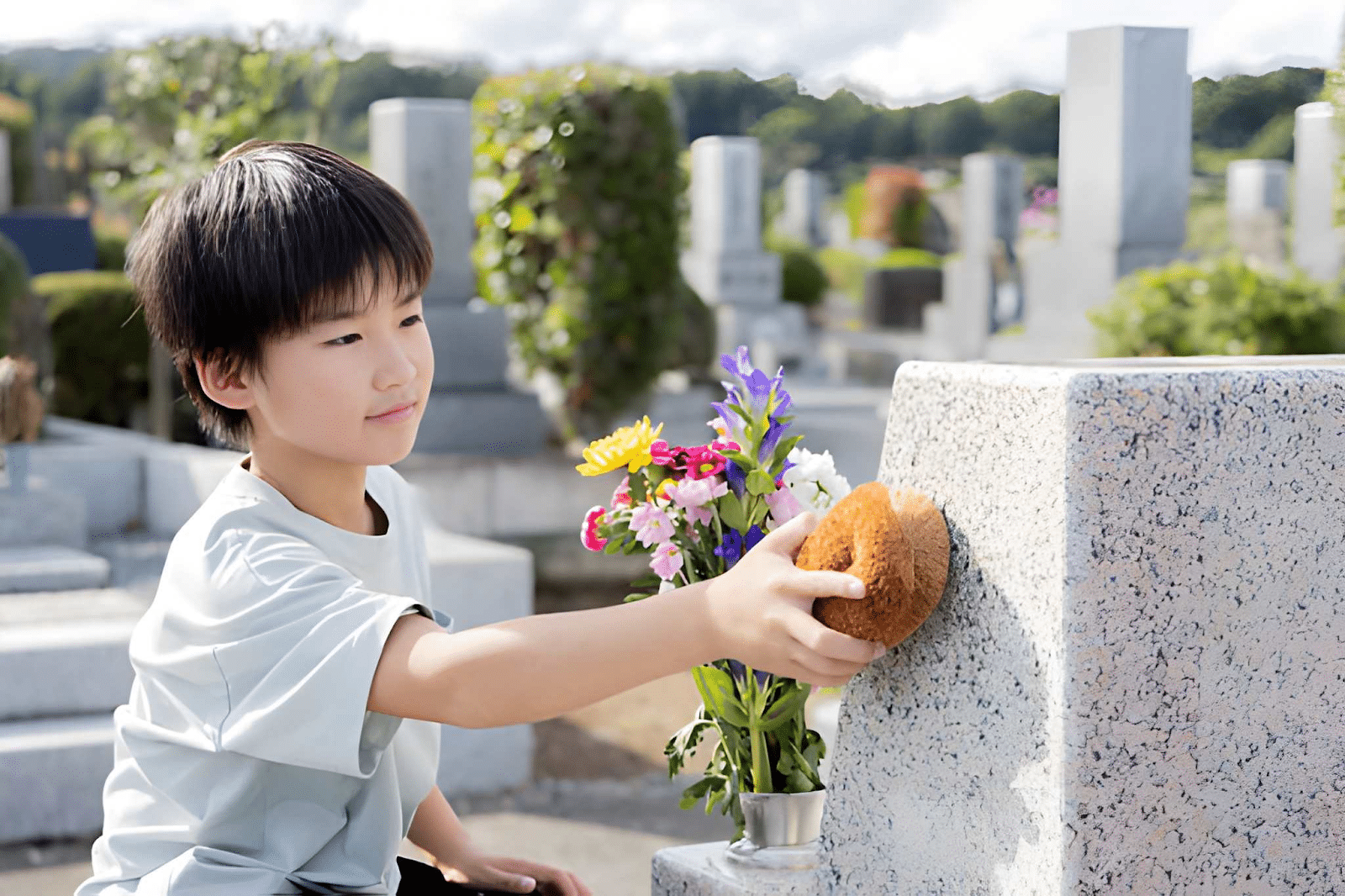Bereavement is a mourning period that everyone goes through after losing someone to death. When it comes to matters of death, nothing can prepare us for how hard it is when a dearly cherished person leaves our lives.

(Source: Envato)
While it may be a straightforward process, many who experience this event in their lives will understand it is clearly not. On top of the emotional demands coming from within – and sometimes in waves that come unexpectedly – there are also logistical needs (e.g. preparing for a funeral, packing belongings) and societal pressure (e.g. people expecting the bereaved to grief in a certain way) that barges into the picture.
The grief process is actually a complicated one, comprising of mixed feelings of sorrow, confusion, shock and sometimes anger. While it is true that time can be a balm that heals, navigating this journey remains difficult while it is ongoing. Without proper management, it can lead one to do depression or anxiety, or act out in ways not normal to the individual.
Understanding the Grief of Losing a Loved One
To better understand the nuances of different deaths one has on an individual, here are some examples of what one encounters when a loved one of differing relations passes:

(Source: Stock)
How to Cope with the Death of a Loved One

Accept and give permission
Although it should come naturally, don’t be surprised that one actually needs to allow oneself to grieve. With all the emotions, events and responsibilities shuttling by, it is a good mental reminder to say, “I am in the grieving process”.
And there’s no one way of doing it either. Even though the five stages of grief (denial, anger, bargaining, depression and acceptance) are commonly cited, it is still very much circumstantial. So if you find yourself moving from denial to depression – it’s okay. The important thing here is to allow, observe, and react in an appropriate manner that doesn’t hurt anyone including oneself.
Seek support
It’s important to find conversations with those one trusts during this period, whether it’s family, friends, colleagues, therapists, childhood teachers or even religious mentors. Half the time it’s not about finding a solution to the grief, but the act of airing your thoughts that helps to decongest that and feelings both.
If you don’t feel like talking to someone, that’s okay too. Find a way of expression for yourself, whether it’s writing in a journal, singing or even painting and sketching.
Honour and cherish
When people tell you to “move on” after some time has passed, it can seem really offensive. What is a good time to mourn anyway? Answer – there’s none. While poor health symptoms, erratic behaviour and an inability to return to regular duties for a prolonged period are of concern, there’s no real timeline to grief otherwise.
Moving on doesn’t equate to forgetting, and in fact, it’s a good idea to find ways to cherish the memory of them. Discover your own expression for this. Donate to charity under their name. Grow a plant in their honour. Create a photo book or scrapbook. Curate some of their belongings into a box. Buy their favourite flowers and have them in your room during anniversaries. These actions will return you to the reasons for your grief in the most beautiful way – your love for them.
Time for oneself
Even as one grieves, finding time for yourself and your favourite activities is important. Did you use to enjoy some football with your friends? Go for it. Is karaoke more your thing?
Arrange a session, even if it’s to belt out sad songs. It may feel like it’s “wrong” to enjoy anything after a loved one has passed, but remember that it’s not a straight line to the destination. Grief ebbs like the tides so during those pockets when you’re able, it’s important to celebrate your life – after all, they would want the same.
Final Thoughts
Moving on from the loss of a loved one may take a longer time to be able to accept their death. Some may be able to move on, some may not. But it does not mean it is impossible. In time, with patience and support, healing can happen, and their memory can bring comfort and peace.
We, at Memorial Funeral, can lessen your burden with funeral planning and other services. Do reach out to us if you are ever in need of our help.









